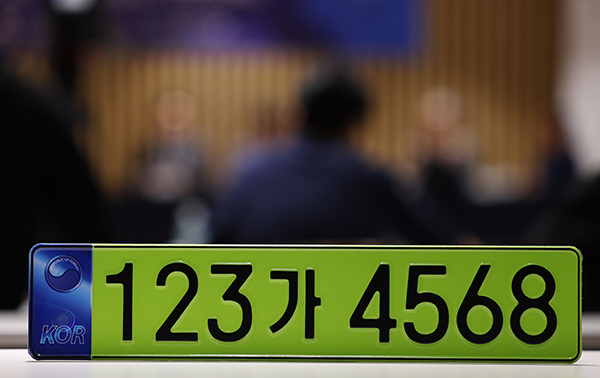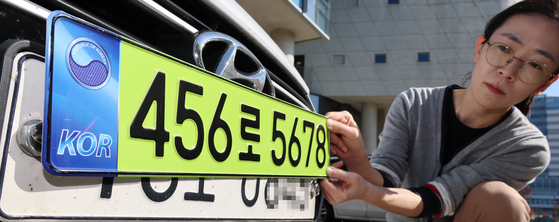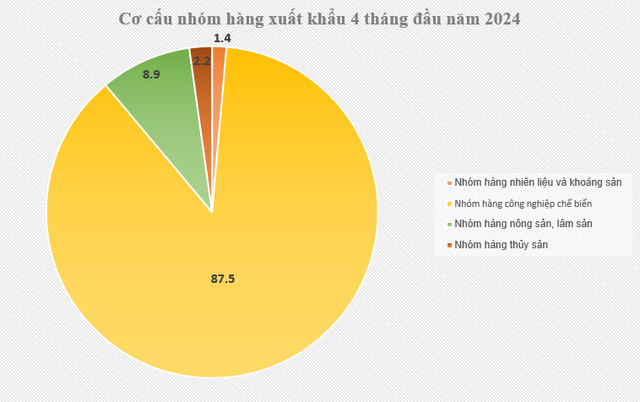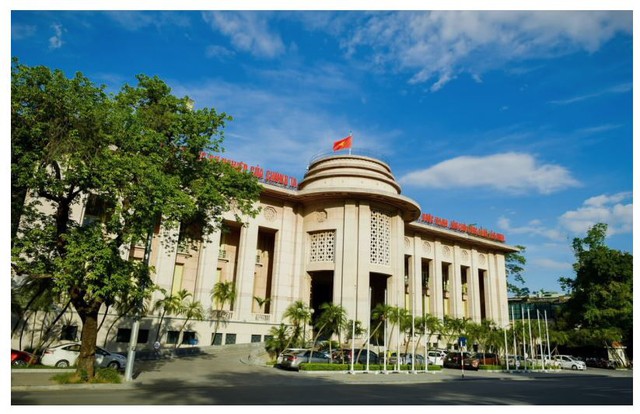Bentley, Porsche and Rolls-Royce sales plummeted in South Korea in 2024 after the government introduced new laws to deter the use of loopholes previously exploited by the country’s super-rich to avoid taxes.
Previously, wealthy Koreans bought vehicles and registered them as company cars in order to benefit from lower tax rates. The new South Korean regulation does not directly affect the cost of vehicles (i.e. through increased duties or new taxes). Instead, it targets… the image of those driving them.

The requirement for expensive company cars to have green license plates has made it less appealing for tax avoiders in Korea to flout the rules and risk judgment. Photo: KoreaBizlive
Specifically, the Ministry of Land, Infrastructure and Transport has ruled that any vehicle registered as a company car and valued at over 80 million won ($1.47 billion KRW) must display a green license plate, effective early 2024, the Korean Times reports.
The Korean publication suggests buyers of new vehicles are “balking” at the prospect of flouting the law when green license plates make it easy for their personal use of company vehicles to be noticed and judged.

South Korea’s new legislation demonstrates how targeting the image of the super-wealthy can be more effective than targeting their wallets. Photo: KoreaBizlive
The effectiveness of the new legislation is reflected in… plummeting sales for luxury automakers. Bentley Korea sales fell by 77 per cent in the first three months of 2024. Rolls-Royce and Porsche saw declines of 35 per cent and 23 per cent respectively, with Lamborghini also suffering a 22 per cent drop in the first quarter.
Furthermore, the proportion of company cars in total vehicles registered in South Korea has also dropped to record lows. From 40 per cent last year, the rate now sits at 28 per cent, marking the first time it has fallen below 30 per cent.







































